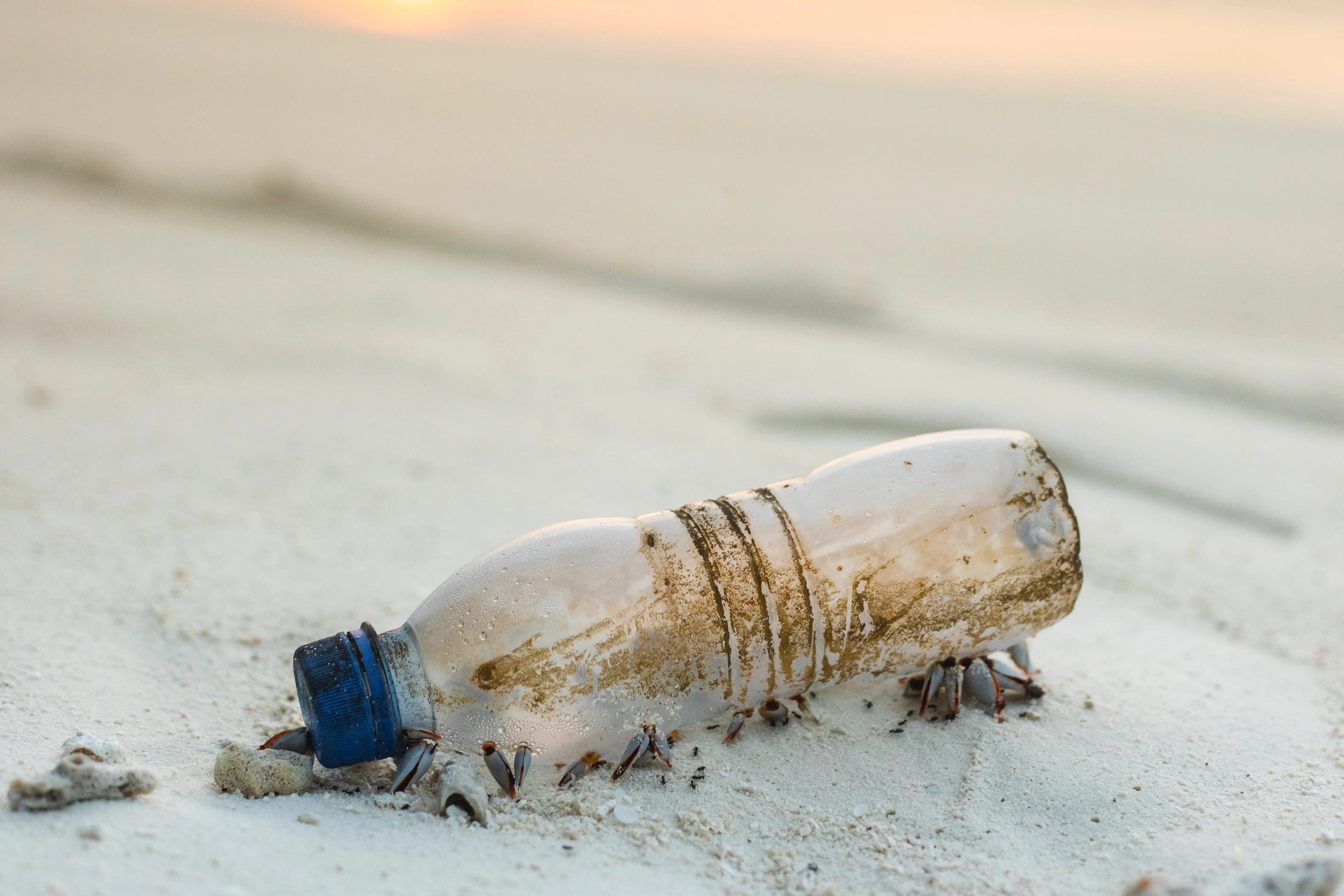5 Facts to Know About the Plastic Pollution in Our Ocean

In our modern world, it’s hard to go anywhere without encountering plastic. It’s in our water bottles, our food packaging, our clothes, our furniture, and even in the very air we breathe. And while plastic has many benefits, its ubiquity is also having a devastating effect on our environment—particularly our oceans.
As the world’s population continues to grow, so does the amount of trash that we generate. A large portion of this trash ends up in the ocean, where it poses a serious threat to marine life. This growing problem of ocean pollution is a severe threat to marine life and the health of our planet.
When trash ends up in the ocean, it can damage the delicate ecosystem that exists there. Fish, birds, and other animals can be harmed or killed when they ingest or become entangled in plastic debris. This debris can also block sunlight and oxygen from getting to the ocean floor, disrupting the food chain.
We all have a role to play in reducing ocean pollution. By working together, we can make a difference and help to protect marine life and the economy that depends on the ocean. With that in mind, here are some facts about plastic pollution in the ocean that you can use to start a conversation about this critical issue:
The Lowdown on Plastic Pollution Facts to Know and How It's Destroying the Ocean
1. 380 million tonnes of plastic are produced each year, most of which are single-use plastics like shopping bags, cups, and straws. In that regard, about 14 million tonnes of plastic enter the ocean every year. That’s the equivalent of one garbage truck dumping its contents into the ocean every minute!
2. Plastic now makes up a whopping 80 per cent of the ocean! If current trends continue, there will be more plastic in the ocean than fish by 2050.
3. Plastic pollution is a significant threat to marine life. Sea turtles, for example, often mistake plastic for food and end up ingesting it. This can cause them to choke or starve to death.
4. Plastic pollution can also cause disease and death in marine mammals. Various studies have found that chemicals used in plastics, such as phthalates and flame retardants, can be toxic to fish, mammals, and mollusks. Additionally, other poisonous and bio-accumulative substances can also attach to the plastic.
5. Fishing nets and other debris from commercial fishing are responsible for around 20 to 30 per cent of the plastic pollution in the ocean.
The Bottom Line: Facing the Harsh Reality of Plastic Pollution Taking Over Our Oceans
The state of the world's oceans is alarming. Plastic pollution has reached epidemic proportions and is now one of the most pressing environmental issues of our time. The problem of plastic pollution is a global one, and it requires a global solution.
We can no longer simply sit back and allow this problem to continue. We must take action now to protect our oceans and the creatures that call them home.
Are You Looking for Sustainable Homeware in Australia?
Here at The Living Co., you can explore a wide range of sustainable homewares that will contribute to a greener way of living. We also offer products from local designers who believe in providing eco-friendly solutions for your everyday challenges.
Photo by Ishan @seefromthesky / Unsplash



Comments